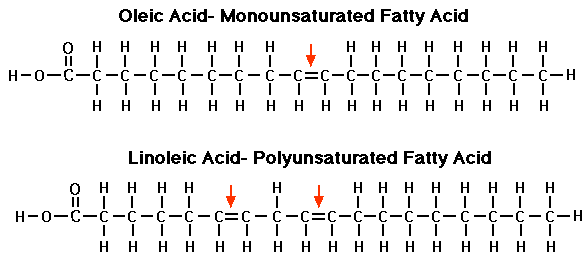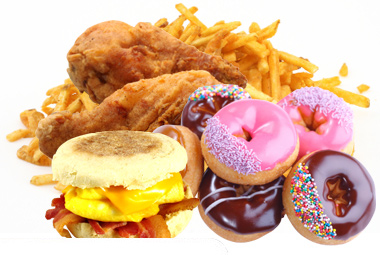As I have covered the science of protein and carbs, I thought it would be fitting to cover their little brother, fats ☺️
I thought we were over the phase that fats were bad and make you gain weight…
Unfortunately, some people still believe this myth and do not realise the benefits of adding fats into their diet. Too much of anything is bad for you so we need to break down the notion that eating it adds to our waistlines. For the love of all things good, let’s get into it.
The Science of Fats
Fats are a macronutrient alongside carbs and protein. They are used in the body for energy, to absorb vitamins and to protect heart and brain health. Moreover, they help protein to do their job, they act as messengers, can start chemical reactions involved in growth, immune function, reproduction and aspects of the metabolism. Triglycerides, cholesterol and essential fatty acids are included in what we call fats. These are better suited for energy storage because they have twice as much energy in them than carbs and proteins.
Once they are broken down in digestion, they are either sent to our cells through the bloodstream or stored inside cells for later use. Whenever we need extra energy for example, during exercise, the body use enzymes called lipases to break down the triglycerides so that it will be used.

Healthy Fats
Monounsaturated fats are fat molecules that have one unsaturated carbon bond in the molecule, also known as a double bond whilst polyunsaturated fats are lipids that has two or more carbon in the hydrocarbon bond, also known as carbon double bonds. Both of these types of fats are good for your heart, your cholesterol and your overall health. They can help:
- Lower the risk of heart disease
- Prevent abnormal heart rhythms
- Prevent the hardening and narrowing of the arteries

Monounsaturated fats include:
- Oils such as olive, canola, sesame, peanut etc.
- Olives
- Avocados
- Nuts such as peanut, almonds, cashews, pecans, macadamia, hazelnuts etc.
- Nut butters
Polyunsaturated fats include:
- Seeds such as sunflower, sesame, pumpkin etc.
- Flaxseed
- Walnuts
- Fatty fish such as salmon, tuna, mackerel, herring, trout, sardines, fish oils etc.
- Soybean and safflower oils
- Tofu
- Soymilk

Other: Saturated and Trans
Trans fat is known to be more harmful to our bodies than saturated foods. We should aim to eliminate it out of our diets. However, artificial amounts can be found in our foods. Saturated fats are not as harmful as trans fat but eating too much of it can have a negative impact on the health of your heart.
Trans fat include:
- Fried foods such as fries, breaded fish and meats, fried chicken, chicken nuggets
- Vegetable shortening, stick margarine
- Anything contained hydrogenated vegetable oil
- Commercially baked pastries
- Packaged snack foods
Saturated fats include:
- Red meat such as beef, lamb, pork
- Chicken skin
- Whole-fat dairy products such as milk, cheese, cream
- Butter
- Ice Cream
- Lard
- Tropical oils such as palm and coconut

Now you’ve probably have read through this entire post and are thinking of eliminating saturated and trans fats out of your diet. Don’t do it.
Personally, I love chicken skin and I love eating fries. The entire point of this blog post is education and also to learn that you can eat your favourite fat choices in moderation. Just ensure that you are getting the majority of your fat intake from monounsaturated and polyunsaturated fats.

Until next time,
Folakemi Olamide


